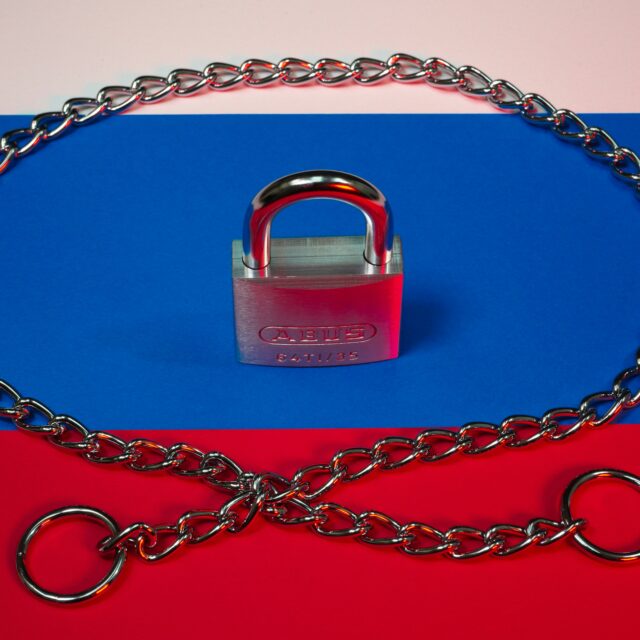Photo by Brian Wangenheim on Unsplash
A new report has voiced real concern about a current “war on journalism” in parts of Europe.
In 2022, since Russia’s launched its war of aggression against Ukraine, at least 12 journalists and media workers were killed and 21 injured while performing their professional duties, says a new report, published on Tuesday.
The war in Ukraine, it says, occurred in a context of continued degradation of press freedom across Europe, with a significant increase in the number of journalists in detention.
This is according to the 2023 annual report of the partner organisations of the Council of Europe’s platform to promote journalists’ safety. The report was presented at a briefing for reporters at the press club in Brussels on Tuesday (7 March).
It comes on the day that it was revealed that three journalists from Egypt’s last remaining independent news outlet have gone on trial in Cairo on charges of misusing social media and offending members of parliament.
The report examines the main threats to media freedom in Europe and addresses recommendations to the Council of Europe, European Union and the member states on actions needed to improve the situation. Throughout 2022, the platform published 289 alerts on serious threats or attacks to media freedom across 37 states, with journalists being murdered, imprisoned, attacked, legally harassed, and subjected to smear campaigns.
This number includes alerts concerning Russia since the partner organisations decided to continue monitoring the state of media freedom and attacks against journalists after its expulsion from the Council of Europe in March 2022.
Secretary General Marija Pejcinovic Buric said, “The platform’s report examines in detail the crackdown on independent journalism in Russia and occupied territories in Ukraine and contains a special chapter on Belarus.
Apart from the journalists who died on active duty during the war, the platform recorded one journalist killed in the exercise of his functions – Güngör Arslan in Türkiye – compared to four in 2021. There were fewer alerts concerning threats and attacks at street protests, as Covid-19 demonstrations receded.
The partner organisations conclude that arbitrary arrest and detention of journalists have become commonplace in Europe. As of 31 December 2022, 127 journalists and media workers were in detention, including 95 on whom alerts were active on the platform (representing a 60% increase compared to 31 December 2021) and 32 journalists and media workers in Belarus, on which alerts had not yet been published.
During 2022, the platform recorded 74 alerts concerning attacks on the physical integrity of journalists (26% of all alerts), 41 alerts on the detention and imprisonment of journalists (14%), 94 alerts on cases of harassment and intimidation of journalists (32%), and another 80 alerts on various other acts having chilling effects on media freedom (28%).
Other issues examined in the report are the introduction of legislation restricting journalists’ work, surveillance of journalists’ communications, fake news and disinformation, the abuse of the judiciary to punish or intimidate journalists, Strategic Lawsuits Against Public Participation (SLAPPS), pressure on public service media and cases of media capture.
The report reflects the persistent lack of progress to resolve 35 cases of impunity of attacks against journalists still active on the platform, 26 concerning murder cases.
The Council of Europe’s Platform was set up by the Council of Europe in 2015, in co-operation with prominent international NGOs active in the field of the freedom of expression and associations of journalists, to provide information which may serve as a basis for dialogue with member states about possible protective or remedial action.
The 15 partners are the European Federation of Journalists, the International Federation of Journalists, the Association of European Journalists, Article 19, Reporters without Borders, the Committee to Protect Journalists, Index on Censorship, the International Press Institute, the International News Safety Institute, Rory Peck Trust, the European Broadcasting Union, PEN International, the European Centre for Press and Media Freedom, Free Press Unlimited and the Justice for Journalists Foundation.




